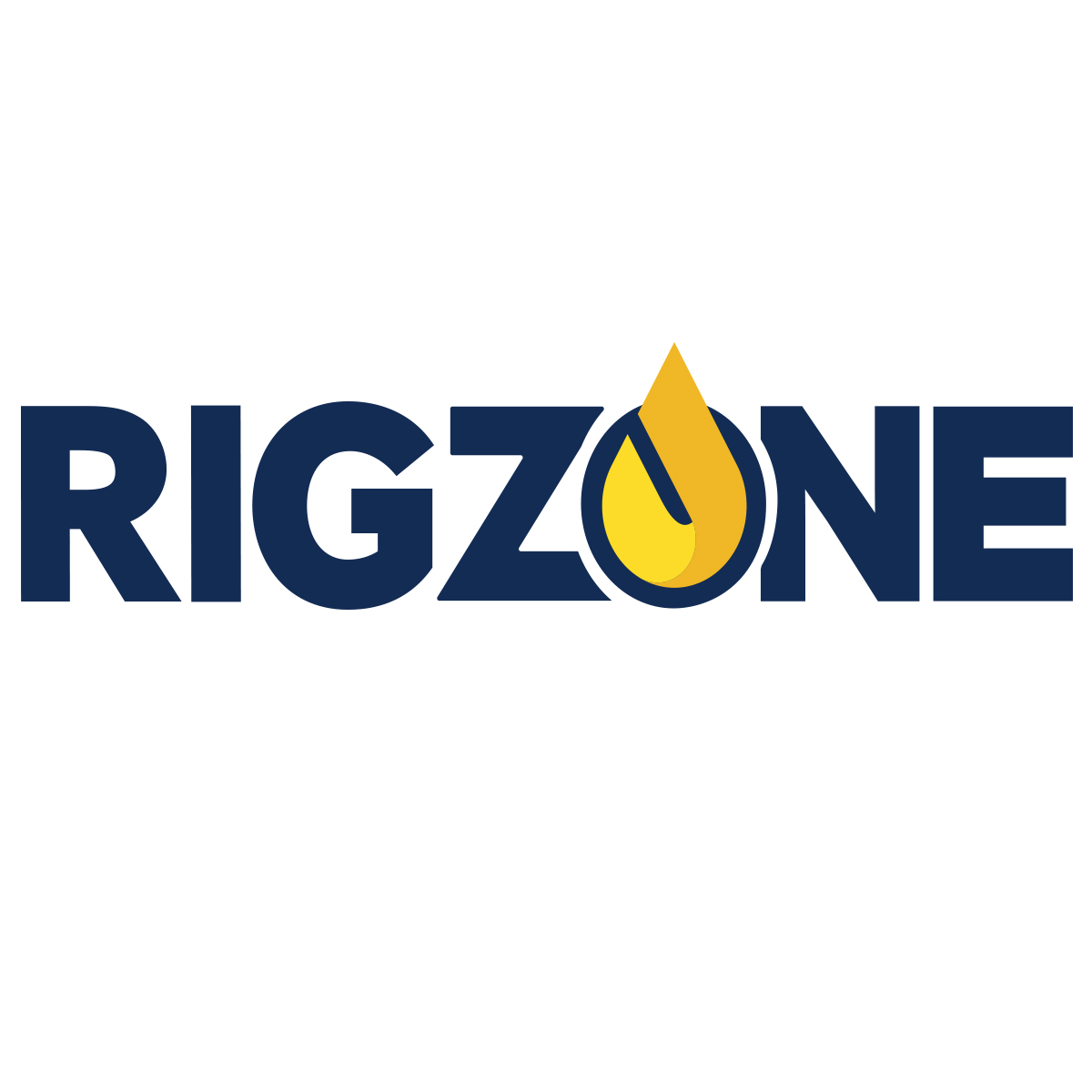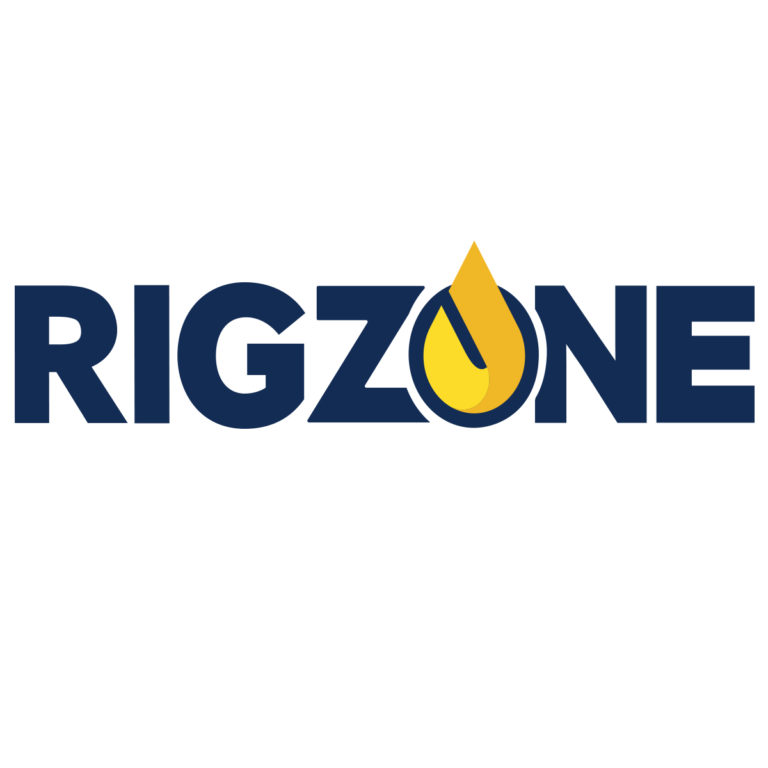
Oil Posts Minimal Change as the EU Russian Oil Ban Looks Doubtful

Oil barely budged from last week’s close as the European Union’s proposed ban on Russian oil looked increasingly unlikely to pass when the bloc’s leaders meet next week.
West Texas Intermediate settled one cent higher than its close on Friday, shedding gains of as much as 1.5% earlier in the session. The EU’s proposal to phase out Russian oil has reached an apparent impasse. The government of Hungarian Prime Minister Viktor Orban is signaling that any progress on the talks will likely slip to next month at the earliest, according to people who asked for anonymity.
“We are stuck in a range from $105-$116 and we’re looking for a breakout,” said Bob Yawger, director of the futures division at Mizuho Securities USA. A European embargo on Russian oil would likely send crude prices to touching all-time highs, he said.
Oil has surged this year on rising demand and the global fallout from Russia’s invasion. The rise in energy costs has contributed to rampant inflation, prompting central banks to raise rates and stoking investor concern growth will eventually slow. With demand still holding up in the face of record fuel prices, the Biden administration is considering tapping a little-used emergency diesel fuel reserve to mitigate the supply crunch amid Russia’s invasion of Ukraine, according to a White House official.
The head of the International Energy Agency and India’s oil minister, speaking at the World Economic Forum in Davos, issued warnings on the risk of high prices.
“We may see prices even going higher, being much more volatile and becoming a major risk for recession for the global economy,” IEA Executive Director Fatih Birol said in an interview with Bloomberg TV from Davos.
In remarks reported over the weekend, Saudi Arabia signaled it will continue to support Russia’s role in the OPEC+ group of producers, undermining US-led efforts to isolate Moscow for its invasion of Ukraine, the Financial Times said. The kingdom was hoping to work out an agreement with OPEC+ which includes Russia, Energy Minister Prince Abdulaziz bin Salman told the newspaper.
Prices:
- WTI for July delivery rose 1 cent to settle at $110.29 a barrel in New York
- Brent for July settlement rose 87 cents to settle at $113.42 a barrel.
At the same time, China has imposed a series of painful lockdowns to quell Covid-19 outbreaks, hurting Asia’s largest economy. In Shanghai, officials have laid out the criteria on how to categorize the area as low-risk for Covid-19 as they look to end a two-month lockdown. Beijing, however, reported a record number of cases, reviving concern that the capital may face a lockdown.
Oil markets remain in backwardation, a bullish pattern that’s marked by near-term prices trading above longer-dated ones. The difference between WTI’s two nearest December contracts, for this year and in 2023, was near $13 a barrel, up from about $11 a barrel a month ago.
(with assistance from Grant Smith)
Published at Mon, 23 May 2022 13:04:23 -0700



